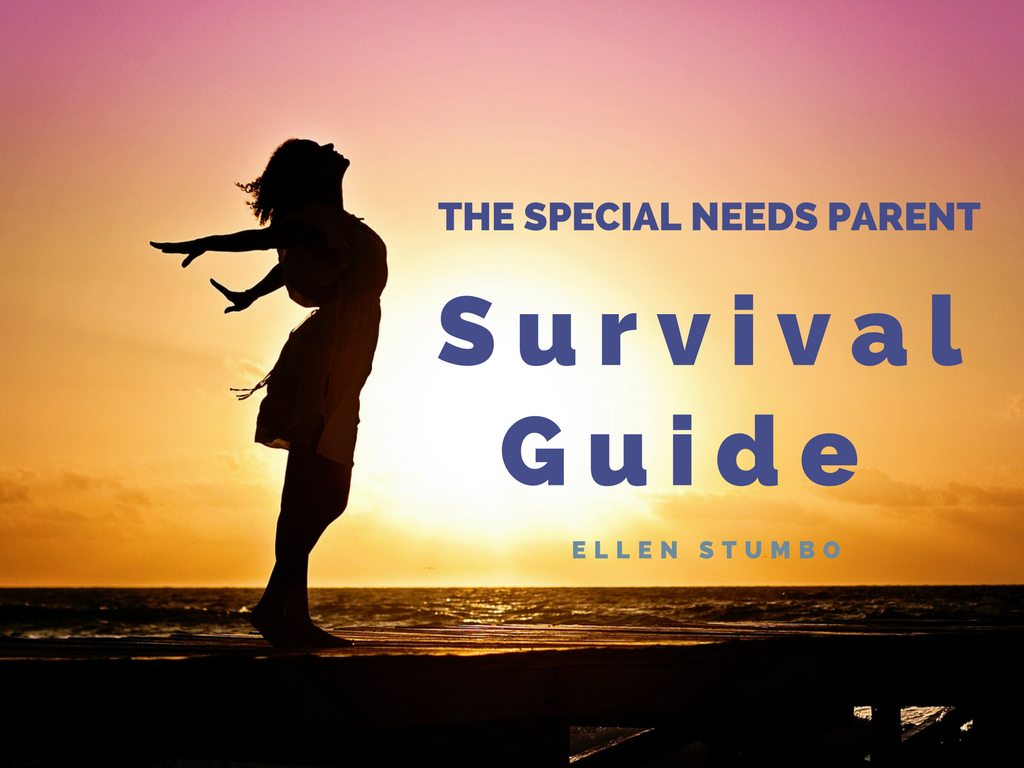Because of social media, many people nowadays live their lives in “public.” From what you ordered at a restaurant, to rants about neighbors, to new hairdos. Everything goes… including sometimes our children’s privacy.

Recently, a video of a little boy with dwarfism became viral. This video showed him at his most vulnerable and many people have asked, “Should his mother have shared that video?”
This question presents an opportunity for a bigger conversation, and one we need to have: When you parent children with disabilities, who are naturally more vulnerable, what is okay and what is not okay to share about their private lives.
I asked Karin Willison, my former coworker and disability advocate, to join me in a podcast as we tackled this question. Karin has cerebral palsy, and she shared openly about her experiences as a child and how she was personally affected when private information was shared about her.
Listen to the show:
Don’t forget to leave a review on iTunes or stitcher.
Notes from the show:
Karin and I discussed the following:
- Why the conversation about what is appropriate and not appropriate to share about children with disabilities is important to have . We approached this from the perspective of a disabled adult, and from the perspective of a parent.
- What and where to share.
What not to share:
- Don’t share anything you wouldn’t share about a child of the same age who is nondisabled.
- Don’t share details about their personal care — especially involving sensitive topics such as the bathroom, self-injury, or violent behavior.
- Don’t share instances where the child is having an especially hard/vulnerable time.
- Don’t share anything your child has not given you permission to share (Yes, even if your child is nonverbal or you believe they cannot consent. No consent means it is off limits).
- Don’t share feelings of resenting your child. It is okay to be angry at struggles your family faces because of lack of support / treatment / resources, but be careful not to sound like you could be blaming your child.
- Think about how your child — or a child or adult with a similar disability — would feel if they saw/read/heard what you are considering sharing.
It doesn’t mean you cannot share things are hard. But you have to ask yourself, how can we share truthfully yet uphold a child’s dignity?
What you can share:
- Share how your child makes you proud.
- Share their accomplishments.
- Share the relatable moments that show people your child is just a child.
- Share about injustices your child/family faces.
- Share how your child enriches your life.
- Share about the love you have for your child.
You can follow Karin on Facebook, Twitter, or her blog FreeWheelin’ Travel Blog.
Transcript coming soon!
***
Let’s connect on Facebook
Image by Gerd Altmann from Pixabay
Special Needs Parents, Are You Surviving?
I created a guide with 13 practical ways to help you find peace in the midst of chaos, opt in to make sure you get a copy of this freebie!


